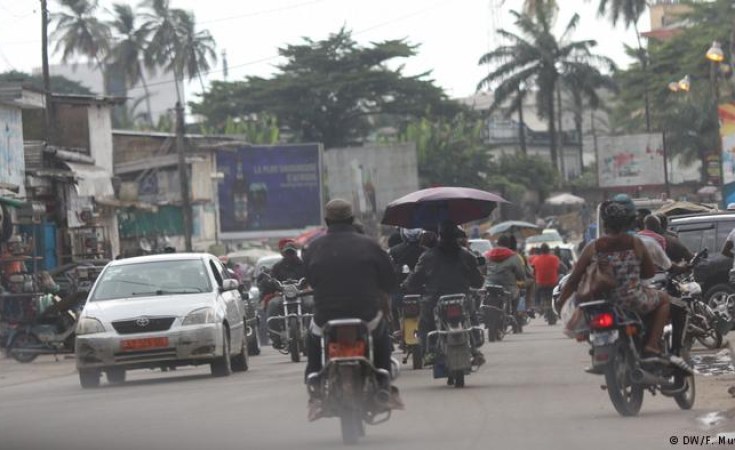Yaounde — The Cameroon government has threatened to arrest members of two opposition parties, accusing them of seeking to create coalitions and alliances for a transitional government to oust 90-year-old President Paul Biya, who has been in power for more than four decades.
Territorial Administration Minister Paul Atanga Nji last week ordered an end to activities of the Political Alliance for Change and the Alliance for Political Transition in Cameroon.
Nji said that only legally recognized political parties have the right to exercise political activities in Cameroon and that people who join the two illegal alliances would be arrested.
Cameroon opposition and civil society groups say the recent ban on activities of the two alliances is another indication that Cameroon disrespects democracy and fundamental rights to freedoms.
Roger Justin Noah, a spokesperson for the opposition Cameroon Renaissance Movement, said the opposition will not be intimidated by government officials and Biya supporters.
Rather, he said, it is the Cameroon government that has become nervous about the growing popularity of opposition leader Maurice Kamto after more than 30 civil society and opposition groups joined the Political Alliance for Change that Kamto leads.
Kamto claims that he won the October 2018 presidential election and that Biya stole his victory.
Noah said the Political Alliance for Change is encouraging Cameroonians unhappy with Biya's rule of 40-plus years to register to vote in the 2025 presidential polls, be ready to defend their votes and report any incidents of fraud or irregularities.
Opposition parties say the Cameroon government is exhibiting bad faith by banning opposition coalitions but allowing other parties to gather support for Biya's ruling Cameroon People's Democratic Movement.
Rene Emmanuel Sadi, Cameroon's communication minister and government spokesperson, said there is no reason for some opposition parties to create alliances for a political transition when state institutions are fully functioning and Biya is indisputably exercising his functions as president.
Sadi, who spoke in an interview broadcast by Cameroon state radio CRTV this week and the international media organ RFI several times within the past seven days, said the opposition is trying to pressure Biya to declare whether he will be a candidate in 2025. Sadi said Biya will announce his decision in 2025, shortly before the election.
The government also threatened to arrest members of the alliances who the government says visited jailed rebel leaders to negotiate an end to a separatist crisis that has killed over 6,000 people in Cameroon's English-speaking Northwest and Southwest regions. The separatists say they want to create an independent English-speaking state separate from the French-speaking majority.
Cameroon's opposition accuses the Biya government of using excessive military force instead of negotiations and dialogue to solve what the opposition says is a political crisis in English-speaking regions.
Biya is Africa's second-longest serving leader, after the president of Equatorial Guinea, Teodoro Obiang Nguema Mbasogo, who has been in power since 1979.
Biya was Cameroon's prime minister and became president in 1982 after his predecessor, Cameroon's first president following the country's independence from France, stepped down due to health.
Cameroon's opposition and civil society say Biya rules with an iron fist and is not ready to relinquish power until he dies, a claim Biya's supporters deny.


